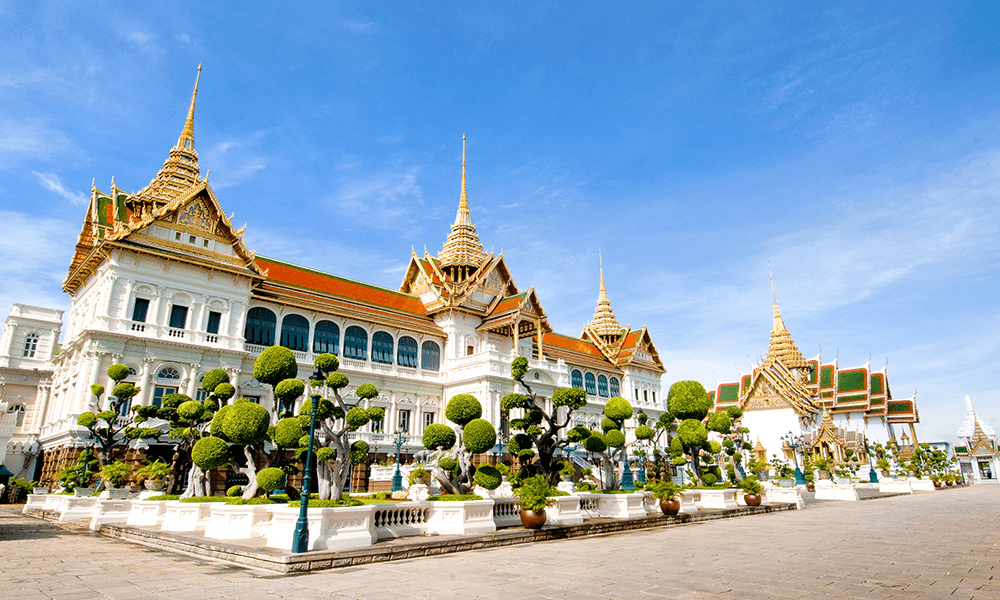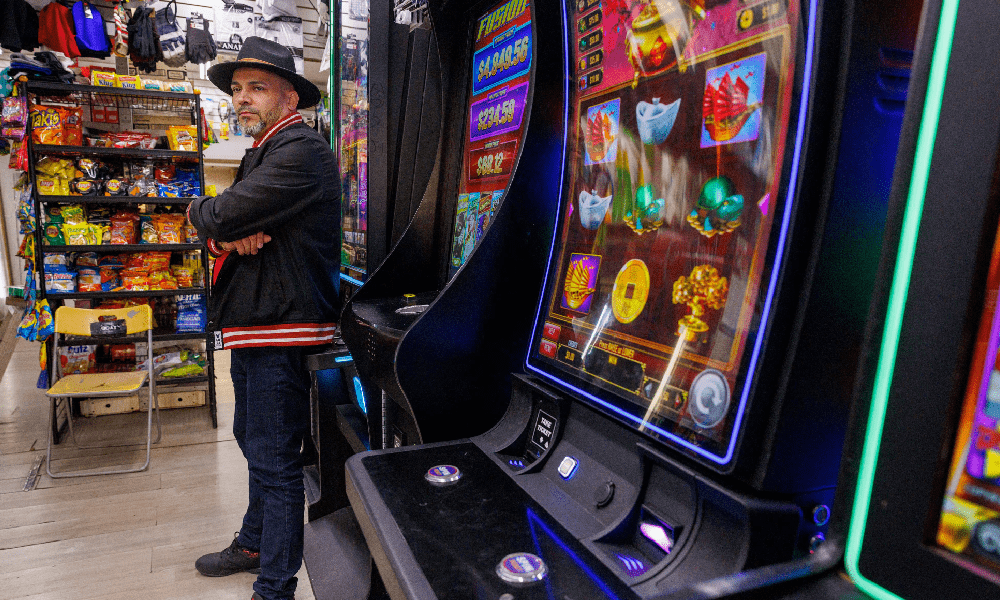The Thai government should run its own casinos, according to Korrawee Prissanantakul, a member of parliament. Julapun Amornvivat, minister of finance, argues that parliamentarians should let specialists handle the matter.
The deputy finance minister of Thailand has called on his fellow lawmakers to finalise a bill that would make entertainment complexes, which include casino resorts, legal in the kingdom.
Customs, Revenue, and Excise should establish a system to collect taxes from the prospective industry, according to Julapun Amornvivat, who has requested this from the ministry. He is also not squandering any time. The Bangkok Post reports that by mid-October, Julapan would like to have a pitch ready.
Being a part of a worldwide domain
With the exception of a state-run horse race and a national lottery, gambling is presently illegal in Thailand. In 2023, when Srettha Thavisin was prime minister, the country started aggressively pursuing gambling complexes. Paetongtarn Shinawatra, who will succeed him, has already said that she will push the proposal forward.
The objective is to attract more tourists, investors, and job creators, just like Japan's first casino in Osaka is doing. In an effort to rein in the illicit grey market, lawmakers would also seek to seize funds that now go to border nations like Laos and Myanmar for their casinos.
A total of 253 out of 257 members of the Thai House of Representatives voted in favour of a casino bill draft on March 28. An analysis predicted that yearly tourist income would increase by 394.7 billion baht (£9 billion, €10.9 billion, $12 billion) if casinos were authorised. The extra 448.8 billion baht would be equivalent to a 52% increase in spending per trip, to 65,000 baht.
Assuming everything goes according to plan, the move will boost the second-largest economy in Southeast Asia and integrate Thailand into a global sector.
Big names are invited to Thailand
Korrawee Prissananantakul, a member of parliament who thinks the government should operate its own casinos instead of relying on foreign gaming companies, appeared to have his proposal rejected by Amornvivat.
All Thais, not just a select few investors, would reap the benefits of this strategy, according to Prissananantakul's statement last month.
The industry, according to Amornvivat, will welcome any investor who meets the requirements. Their paid-up capital must be at least 10 billion baht, and they must be limited or public corporations incorporated in Thailand. A 100K baht filing cost, a 5bn baht initial licence charge, and a 1bn baht annual fee will be due from applicants. Renewals are available every ten years; the initial validity period is thirty.
A number of prominent figures have previously shown their solidarity. Among them are Hard Rock, MGM Resorts, Wynn Resorts, Caesars Entertainment, and the Las Vegas Sands Corporation. It is possible that Melco and Genting are also contenders.
"Regional clusters" fuel rivalry
Two casinos will be located in Bangkok, the capital city, while the other three will be in Chiang Mai, Phuket, and the Eastern Economic Corridor. The present proposal calls for a total of five casinos spread out over the kingdom. That strategy would "effectively create five regional monopolies," according to an analysis by author and business veteran Daniel Cheng from 2023.
A "regional cluster concept" with three or four complexes in tourist areas and smaller "Cotai-type cluster zones" in rural areas should be supported by lawmakers in order to "instil competition," he argued.
That is a concept that Prissananantakul can support. He advocated a diverse business that would more fairly distribute money, along with state-run casinos.





















